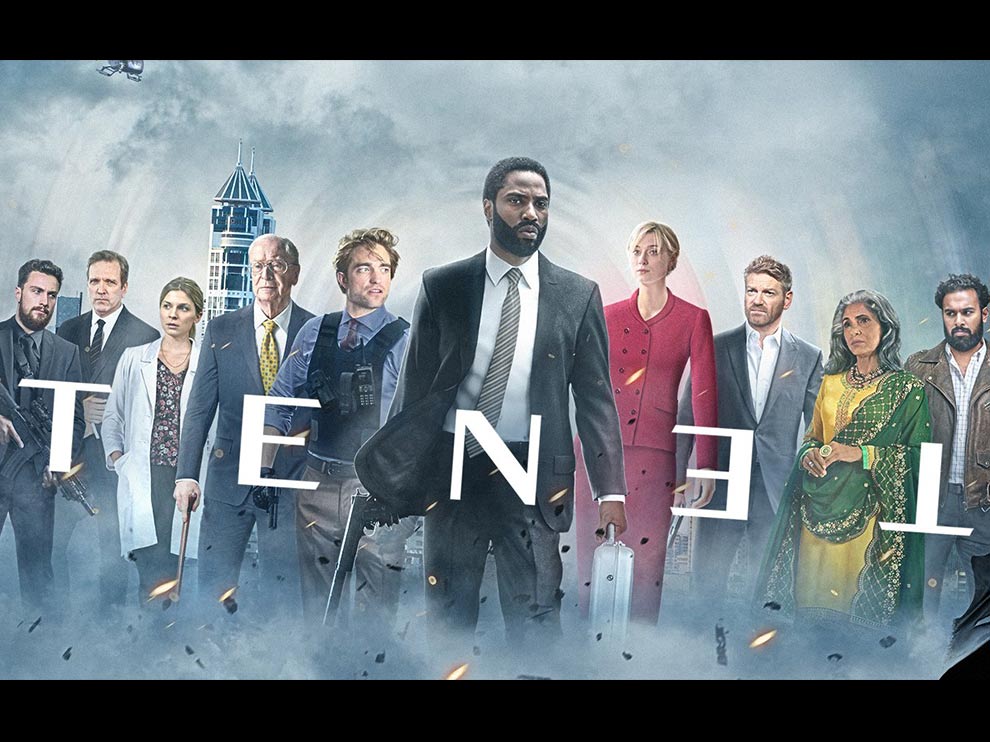
I’ve been struggling to write a review of this little sci-fi action masterpiece Tenet (2020) for quite some time now if only because it’s such a hard movie to understand. And I’m saying this as a sci-fi buff whose watched and read his fair share of reverse flow time travel epics; please read Philip K. Dick’s Counter-Clock World and watch Red Dwarf’s “Backwards”.
By Emad El-Din Aysha, PhD
The opening sequence more or less says it all. You have an opera house in the Ukraine getting ready to put on a show and then a hostage situation develops as armed assailants take over the place, gunning down the conductor before he has a chance to do anything and taking their anger out on the musicians and their musical instruments. (Nothing quite like a world out of cue without a maestro to keep people in polymorphic harmony). Meanwhile on the outside they scramble the security forces, with a team of phoney special forces people headed by an American, the so-called ‘Protagonist’ played by John David Washington, and you discover there is something else going on entirely. Some kind of high tech theft with the security forces there getting ready to blow up the now passive opera fans (they’ve been tranquilised into silence) to cover their tracks and blame it all on the pesky terrorists; pawns in someone else’s game, just like the spectators.
The African American hero saves the civilians but gets betrayed himself by the Ukrainians and gets horribly tortured – teeth pried loose with a knife – and has to take a suicide capsule to avoid selling out his mates. He wakes up afterwards and discovers the CIA gave him a fake capsule but they’re so impressed by his loyalty they want him for something even bigger, a new Cold War with… the future!
Back to the Finishing Line
Don’t you just miss the old Cold War when you knew who your enemies and allies were, and could turn your enemies into allies because they were reliable and wanted essentially the same thing you did? The opening sequence is an indictment of the post-Cold War, post-9/11 world of torture and betrayal from the supposedly ‘free world’, a blurred world where there are no solid whites and blacks anymore. (The code phrase they use in the story not coincidentally I think is how we live in a ‘twilight’ world where there are no friends anymore).
The hero is then introduced to weapons that fire bullets backwards in time and other gizmos coming from the future. Turns out specially conceived substances have been irradiated to reverse the flow of entropy, sending things backwards in time. This takes the hero to India to confront the world’s top arms dealer – a woman, Priya (Dimple Kapadia) – who made the alloys for the reverse munitions, and the person she made the munitions for, Russian oligarch Andrei Sator (Kenneth Branagh), someone with the whole British establish eating out of the palm of his hand. He made his fortune in trafficking in nuclear materials and is a gunrunner to boot. Then we discover that the opera heist was about a missing piece of the puzzle of time travel, part of an algorithm devised by a scientist in the future, a woman, that can reverse the whole flow of time for the universe and everything in it. The catch is that if the reverse flow hits matter travelling forwards in time, a cataclysmic explosion happens and God knows what will result.
This is James Bond with a twist, both dramatically and scientifically, but with all of the smoothness and exotica and excitement of that world. The movie is confusing as hell and full of rich and varied thematic references to the whacky, twilight world of today, but none of this is neither here or there if the story wasn’t told right and if the movie wasn’t entertaining as hell and the acting superb and the music mindboggling. The movie is an important transition for director Christopher Nolan and for several reasons. From the second Batman movie onwards Nolan has used his trademark parallel plotlines to build tension in the audience and exhaust your synapses. Here the format is very different. There’s nail biting tension and action but long periods when things slow down and cool off and it’s more than the quiet before the storm. It gives you time to be impressed like hell by the snappy, funky, gooey dialogue written by the director himself, while also getting to know the characters and get emotive with them, their conflicts and dilemmas and personality quirks. You see John David Washington, Denzel Washington’s son incidentally, training while on board the ship, recovering from his initial ordeal, and you can see straight away that he’s a man who never rests his laurels. America post-Cold War, I assume in some future world where terrorism isn’t the big threat anymore but good old fashioned nuclear and technological proliferation.
John David Washington’s performance is very good by the way but he’s more on the cool side of things, being a black dude, perfect for this updated James Bond-type movie. You can see the new world, old world contrast in the scene where he meets a British spymaster, the very smooth Sir Michael Crosby (Michael Caine), and he’s told to get a better and more snobbish outfit. The scene is exquisitely written and tremendously joyous and beautifully conceived. Same goes for the motley crew that help the hero out, chief among them the tediously English Neil played by former teenage vampire Robert Pattinson. He gives a deeper performance if you ask me, very uptight but cool nonetheless. There’s also the over the top operations specialist (Himesh Patel) with the Muslim sounding name Mahir and the quite charismatic Indian arms dealer Priya (she has a European nose), not to mention the scientist-weapons specialist Barbara (Clémence Poésy), terribly posh and pristine but warmly maternal like a paediatrician at the same time.
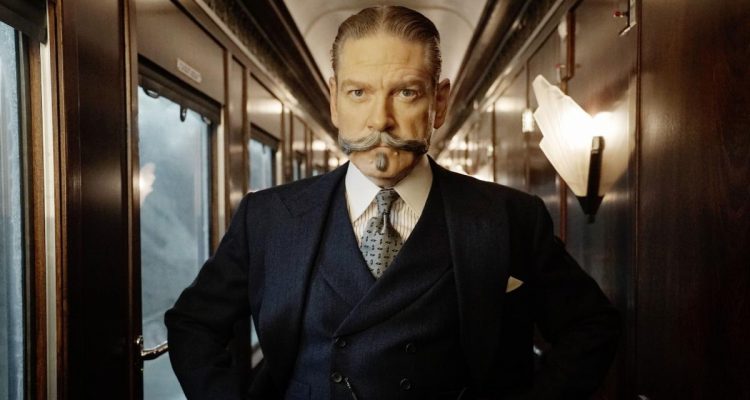
The best couple in the movie by far is the arch villain Andrei and his half helpless, tragically sexy wife Katherine Barton (Elizabeth Debicki). Kenneth Branagh was always a great actor, from Shakespeare onward, but he really outdid himself here and put himself back on top. Andrei is a petty dictator no doubt but he has tremendous depth to him too and you genuinely sympathize with him for his jealous love and obsession with Kat. Elizabeth Debicki herself is scrumptious as hell, tall, sexy and tortured. A good mother who puts up with her husband for her kid’s sake and even struggles with herself on her own terms because she once loved the man, for some blasted reason. (Women always have lousy taste in men; the more beautiful the woman, the more lousy the…!)
The British Lookalikes Club
The hero’s attempt to save her, risking the entre mission, is really what the whole story is about. Woman as nation and not taking shortcuts that could lose you your humanity, like torture and assassination. But the point is that you agree with his decisions because you come to like her and respect him, the perfect synergy of theme and substance with presentation and entertainment. Only a Brit like Christopher Nolan could pull it off, Yanks beware.
Now here’s a surprise for all you fans out there of British daring do. Clémence Poésy is actually French, I assume borrowed here from the Harry Potter series for her Englishly looks. She’s also a model. Kudos again for Chris Nolan for picking such a cunningly disguisable actress and making her so prim and proper. (The Ukrainian guy who betrays and tortures the hero in the beginning is actually played by a Welshman, Andrew Howard). Weirder still is the actress playing Kat, the exceedingly tall, exceedingly English Elizabeth Debicki, is actually of Polish extraction. She’s Australian and half Irish but her dad is Polish, and to be honest I should have guessed, given the contours of her face. But, with all of that, she fit in perfectly with the Nordic look of the English, down to her pasty blue eyes and strong nose. Her clothes fit and bring out the alternating dimensions of her personality, the white the maternal innocence and defensiveness, the red the rosy cheeks and subdued anger, blue or black for depression and sadness. Same goes for her hair. When it’s chaotic, it signifies the conflicting emotions she’s feeling. When her hair is wet, she’s very sensual and flirtatious. (Even without the makeup on she looks good and the director as smart to give ou time to get over the initial shock!)
Nonetheless Kat’s dominant characteristic is maternal and when she kisses the hero, it’s on the cheek and in a very decent, affectionate fashion. Note that Andrei always has her tailed to make sure she isn’t betraying him, but she never does actually betray him, or else we’d lose our sympathy with her. (Fine by me). Having her so tall I presume is a reference to ‘Great’ Britain, a country that has all this wonderful heritage and history of accomplishments behind it but has been reduced to a bad state of affairs, beholden and ‘swept off their feet’ to anyone with money and power so to speak. Clues about the lessons of history are strewn all over the story, such as the trip Kat and Andrei take to the legendary city of Pompeii.
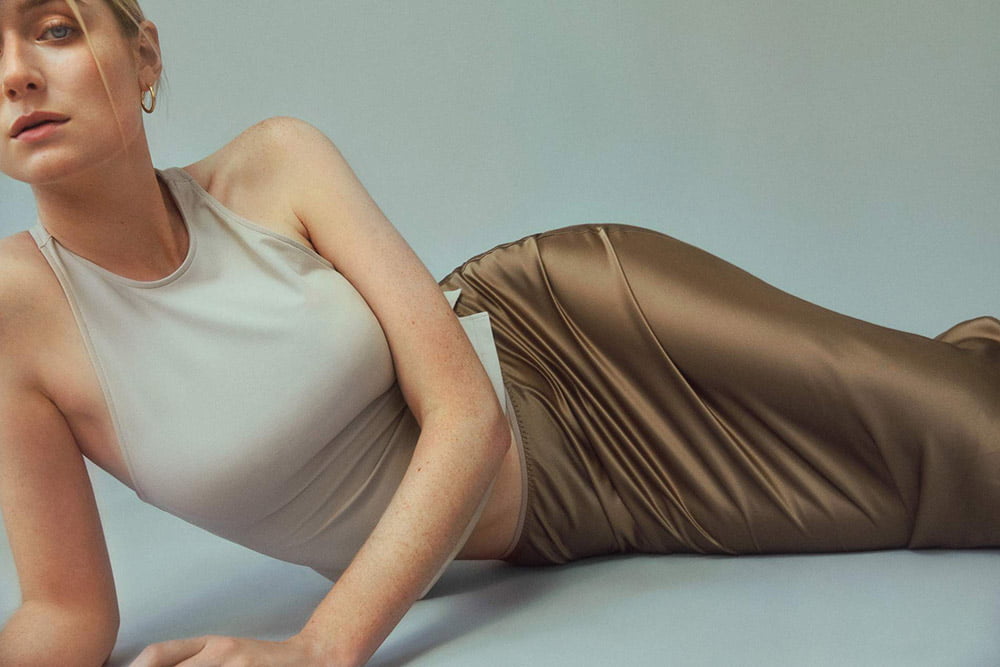
There’s also their eventful and exceedingly expensive trip to Vietnam, of all places, meant to remind the Americans of their own breed of imperial arrogance. There’s the fake classical painting that Andrei uses against Kat and the fact that Kat is a British aristocrat who probably had to marry him to continue to live to the standards she was brought up to live by.
Michael Caine, of course, is as English as they come but here he’s playing the posh variety, not the Cockney type, something Americans probably can’t comprehend. That scene where the hero meets him fits in with that, since the hero doesn’t call him Sir and wants his food home delivered to him. (Gruff, rough Americans. In Casino Royale you have endless reference to class snobbery, but they’re too explicit and insincere. Not so here with the English tongue-in-cheek humour). The very English, very blond Robert Pattinson is meant to signify having non-white people in the driver’s seat, given how furiously loyal he is to the hero. You love the comradery and bond that develops between them. Having the hero played by John David Washington, Denzel Washington’s son incidentally, is not a coincidence either. He’s the new, post-Obama America that could have been, with lots of other protagonists from the empowered coloured nations of the world, not least the Indian arms dealer who is also a woman, along with the other characters I mentioned. (Note that Mahir crashes a plane into a security complex, dumping the cargo of golden bars along the way, but without stealing any gold for himself, unlike his white partner in the operation).
I still think the Englishman gets the last laugh, if you ask me, because Robert Pattinson has the same hairstyle as – you guessed it – Chris Nolan. You see that in Inception too and that’s full of post-imperial funk thematics, and he’s going to star in Nolan’s new Batman series.
All those Tenants of Faith
The scene at the end, where the hero saves Kat from an assassination attempt, while she’s at the school with her infant son, is meant to represent the future – the boy – which is built on a reckoning with past sins and mistakes. The scene where the hero and his team recover the device sent from the future is also meant to be a triumph of humanity and trust over the usual ruthlessness of politics – they split up the device and trust that it won’t fall into the wrong hands instead of tying up loose ends by killing each other. The future world that is sending back all these lethal items of technology is angry at the past because industrial arrogance destroyed the environment and left the future with no choice but to do a blank slate, destroy the past in the vain hope that something – anything – different and maybe better could come out of it, later on.
Suicide (terrorism) driven by desperation, anyone? Global warming I presume is to blame here, with the oceans and rivers of the world drying up. Reference is made to Oppenheimer and the Manhattan project, likening one moral dilemma to the other. That might also explain the scene with the windmills in the sea, clean energy from wind power generation, which you see on a separate but critically related situation.
The name of the movie is tenet after all and that is a reference to basic beliefs that make up a religion or ideology. It’s also the codeword given to the hero, after the twilight phrase has outlived its usefulness. He’s also told that the word can open up all the right doors, but also all the bad ones if he’s not carful. Such is the nature of faith and blind faith and zeal, with technology being a double-edged sword. Hence the level of dedication you see with the hero, with his exercising wherever he is, which happens a second time in the story. He also has Diet Coke when in active duty, not alcohol. And free will is highlighted side by side with fate.
When Kat jumps off the yacht, hesitating given how high up she is, this is meant to signify a ‘leap of faith’. Andrei, by contrast, is not into belief at all, and he says so in a key scene. Instead he thinks of people who are loyal to a cause as mindless fanatics whereas he is more like a ‘god’. The hero and his comrade also describe themselves as stopping the world from becoming what it could be, a reference to pre-emptive strikes, but in a benign fashion with the industrially advanced world being to blame. Remember the fanatics in the opening sequence who hate all things mellowing and beautiful, like music?
The movie is also an equal opportunity employer at the level of women, with female special forces people in the big battle sequences. So, all in all, Tenet has all of the hallmarks of a Bond movie but without any of the downsides, and is still done in a way that isn’t hypocritically politically correct. (The bad guys are greasy minority types in Casino Royale while the badguy white dude isn’t very manly when it comes to his girlfriend). Women still look like women here, sexy and motherly and posh, but proactive and kickass. Kat, when she sees a woman leaping from the yacht, is envious at the freedom and independence on display, remembering her own plight and how her husband offered her a way out if she gave up their son and she almost succumbed to his will. This is recognisable if you’ve watched The Lion in Winter (1968), when Peter O’Toole offers Katherine Hepburn a way out of her royal prison if she helps his preferred son become the crown prince. Andrei, again, is behaving like a monarch in waiting and you’re told his son is the heir apparent. Don’t you just love old world antics?
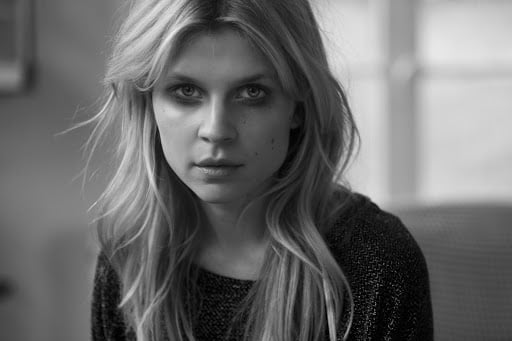
Would an Americanised Daniel Craig understand any of this? Not likely, even with a British like Sam Mendes at the helm. No reason that Chris Nolan can’t get at that helm too. Either that or have an African American dude as the new James Bond, directed by yet another Englishman in the proverbial driver’s seat!!!



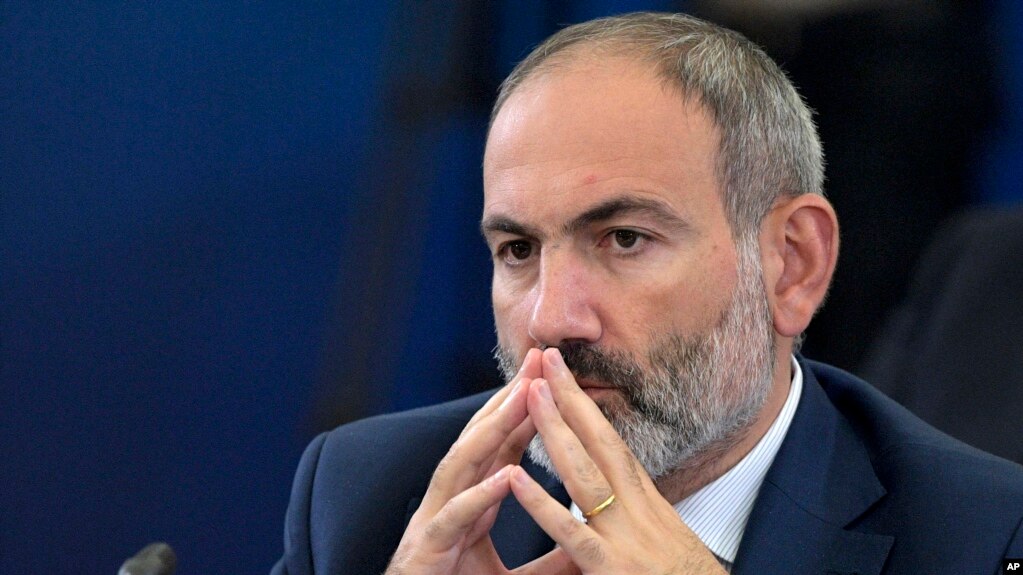

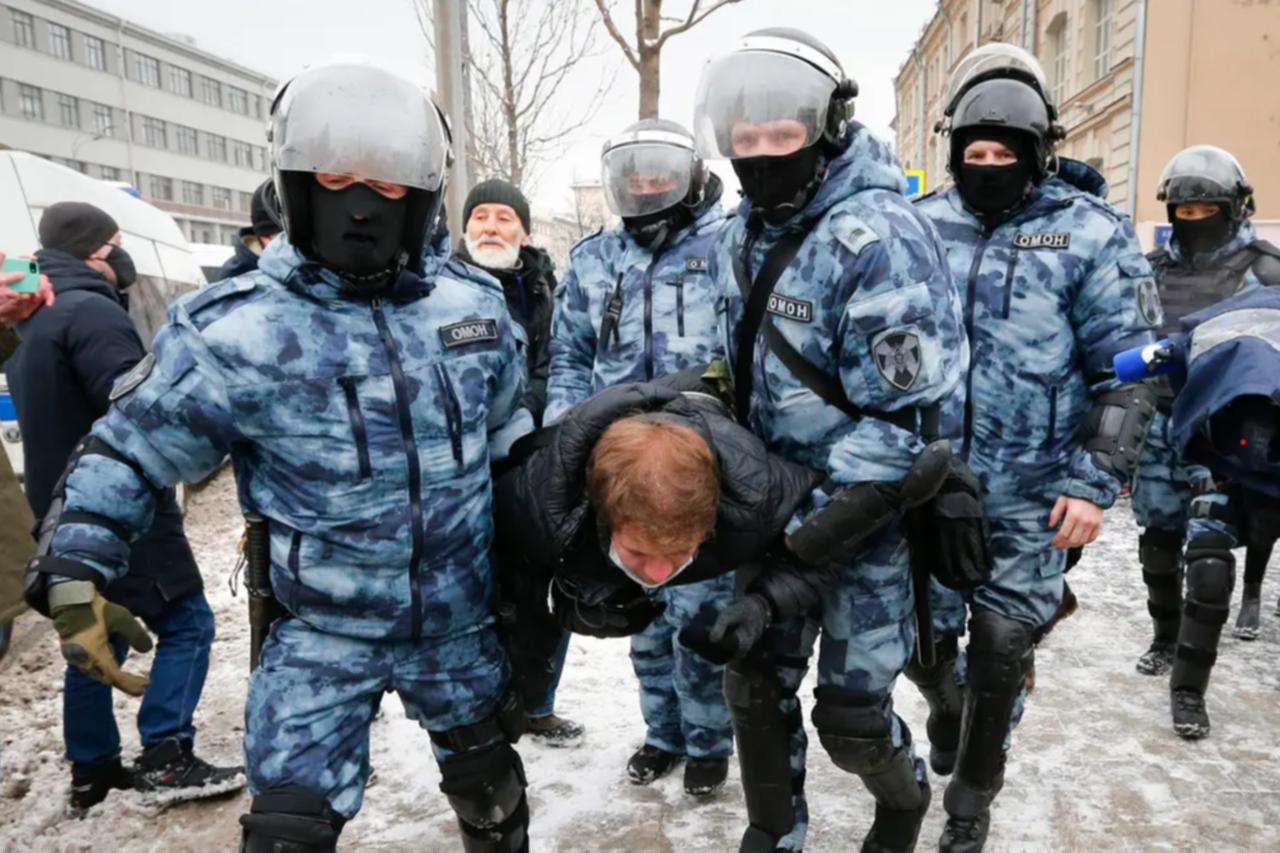

S A T O R
A R E P O
T E N E T
O P E R A
R O T A S
Abra-Melin
Shibboleth
Angel NicGillicuddy ?
Happy New Moon
Peace